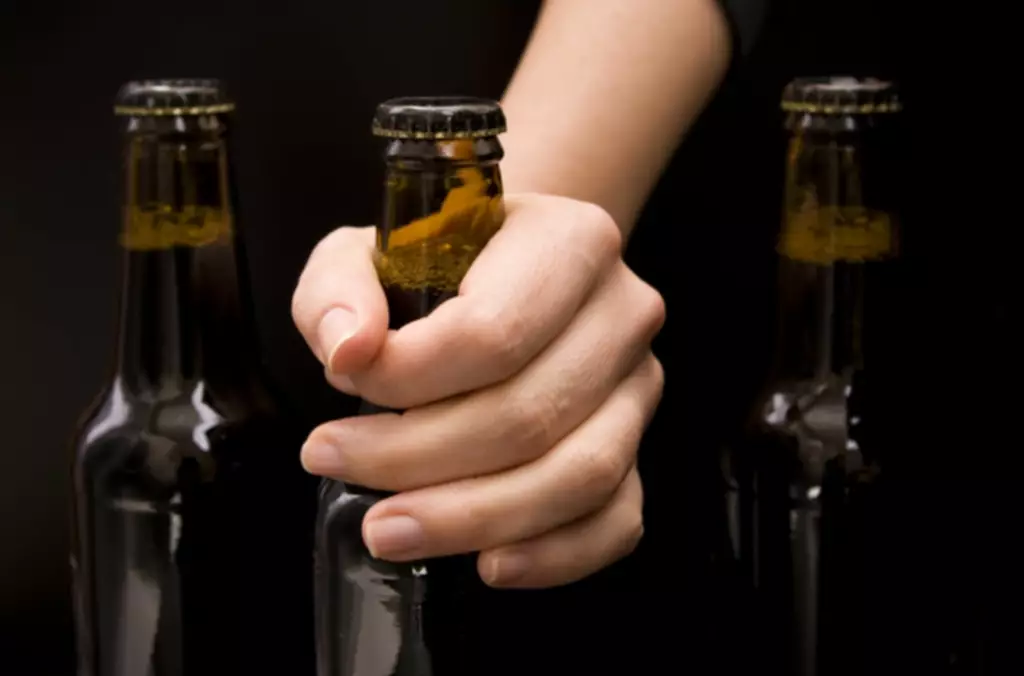
They may exploit or disregard the feelings and needs of those around them. They may exhibit grandiose behaviors, require excessive attention and praise, and struggle with maintaining healthy relationships. Yes, it is common for individuals with narcissistic personality disorder to struggle with substance abuse.

Contact Vertava Health
Therefore, the presence or absence of external validations of their value determines whether a person may have the traits of grandiose narcissism or vulnerable narcissism. It is important to note, however, that the Diagnostic and Statistical Manual of Mental Disorders, 5th edition (DSM-5) does not distinguish between types of drug addiction treatment narcissism. The idea of vulnerable versus grandiose narcissism comes from the psychodynamic idea that people with narcissistic traits believe they need to be perfect to be okay. Alcohol legitimizes narcissistic traits and behaviors like lack of empathy, extreme selfishness, a sense of entitlement or cheating on your loved one.
- An alcoholic, or someone under the influence, is disinhibited in the sense that he no longer avoids or controls his behavior, and so he acts on pre-existing wishes.
- Individuals with alcoholic narcissism may exhibit manipulative tendencies 3.
- It makes me perfect, makes me brilliant, makes me self efficacious.
- While narcissism and alcoholism don’t always occur together, there are some reasons why narcissists might be more prone to developing an alcohol use disorder than the average person.
- Seeking professional therapy offers valuable tools to process experiences and develop resilience.
Relationship difficulties
In any case, the two co-occurring disorders can interact in a manner that makes the severity covert narcissism and alcoholism of both of them worse. NPD is one of those conditions that can co-occur with alcoholism. This means that they don’t like to seriously think about their behaviors. They avoid reflecting on their insecurities and lack of self-esteem by drinking. People with this type are much more sensitive, and narcissistic behavior helps protect them from feelings of being inadequate.

How to determine the cause of your loved one’s behavior.

Addiction Resource aims to provide only the most current, accurate information in regards to addiction and addiction treatment, which means we only reference the most credible sources available. Treating both disorders while at a recovery treatment center can help a person remain sober once they’ve completed the program. For many of these individuals, alcohol leads to significant disruptions in their everyday life.
Define Treatment Goals

It can also affect others, including the family and friends of the narcissistic alcoholic person, equally. In many cases, it may be crucial for loved https://ecosoberhouse.com/ ones to maintain distance from the affected person to minimize risks and issues. If you struggle with alcoholism and narcissism, seeking help before both conditions worsen is better. One of the first steps to recovery is seeking professional help. A mental health professional can help you diagnose and treat any underlying mental health disorders that may be contributing to your alcoholism and narcissism.
Navigating Addiction Treatment: What to Expect
So if someone tells you that he had drunk six bottles of vodka over 12 hours and he had a blackout, don’t believe him or don’t believe her. So it depends crucially on how fast you drank the alcohol within what period of time. So a man who drinks would become a stereotypical macho, a savior, a messiah, a tough guy, protector, you know, a violent guy. When you reach a certain level, a certain concentration of alcohol in your blood, your long-term memory shuts off.
- Students between the ages of 18 and 25 were eligible to participate.
- Individuals engulfed in this affliction often use alcohol as a means to bolster their fragile egos, seeking temporary relief from their deep-rooted insecurities.
- Addiction to a narcissist isn’t perceived as a problem; a narcissist addict will describe their drug use as boosting their energy and life.
- They frequently have narcissistic tendencies, including boasting and being snobbish.
- The effectiveness of therapeutic strategies for a narcissistic personality disorder may be compromised by substance use disorders while receiving therapy from a mental health professional.
- In such a situation, consider contacting a domestic violence hotline or seeking professional help to create a safety plan.
- With NPD, for example, there are no drugs specifically used for the treatment of the personality disorder, but antidepressants or anxiolytics may be prescribed if depression or anxiety is present.
